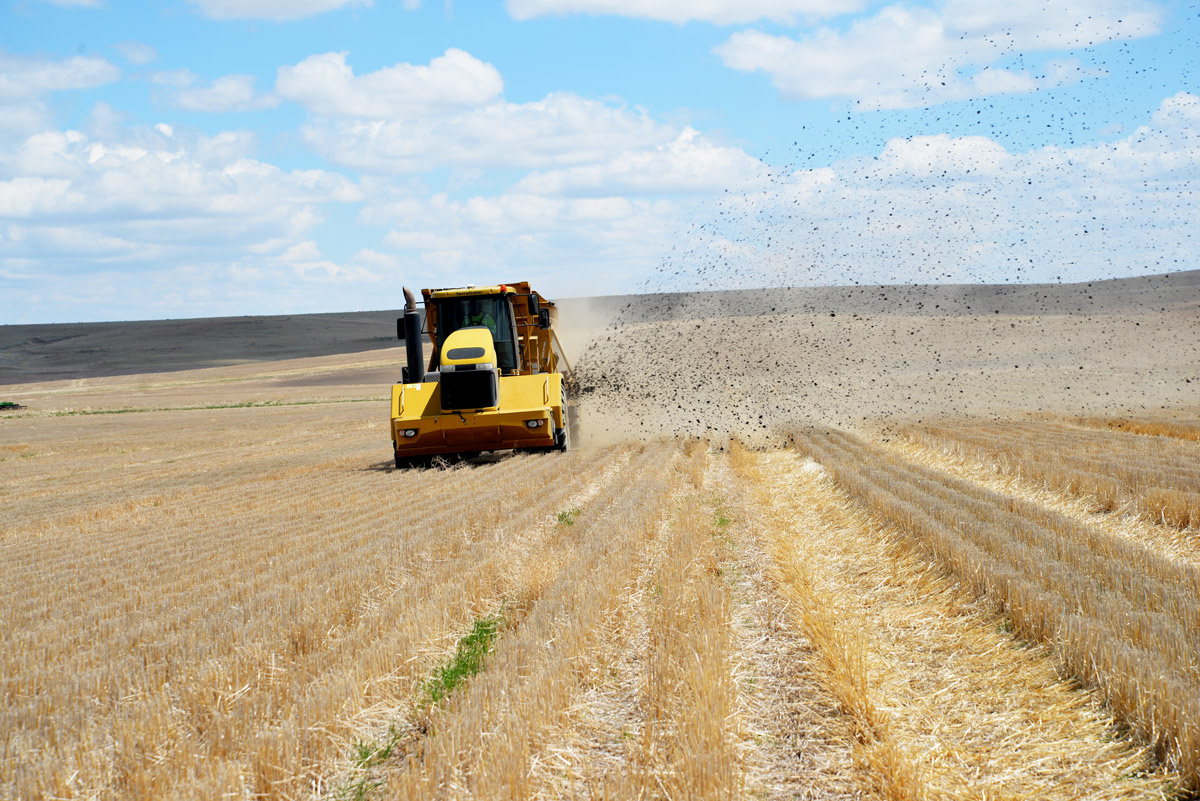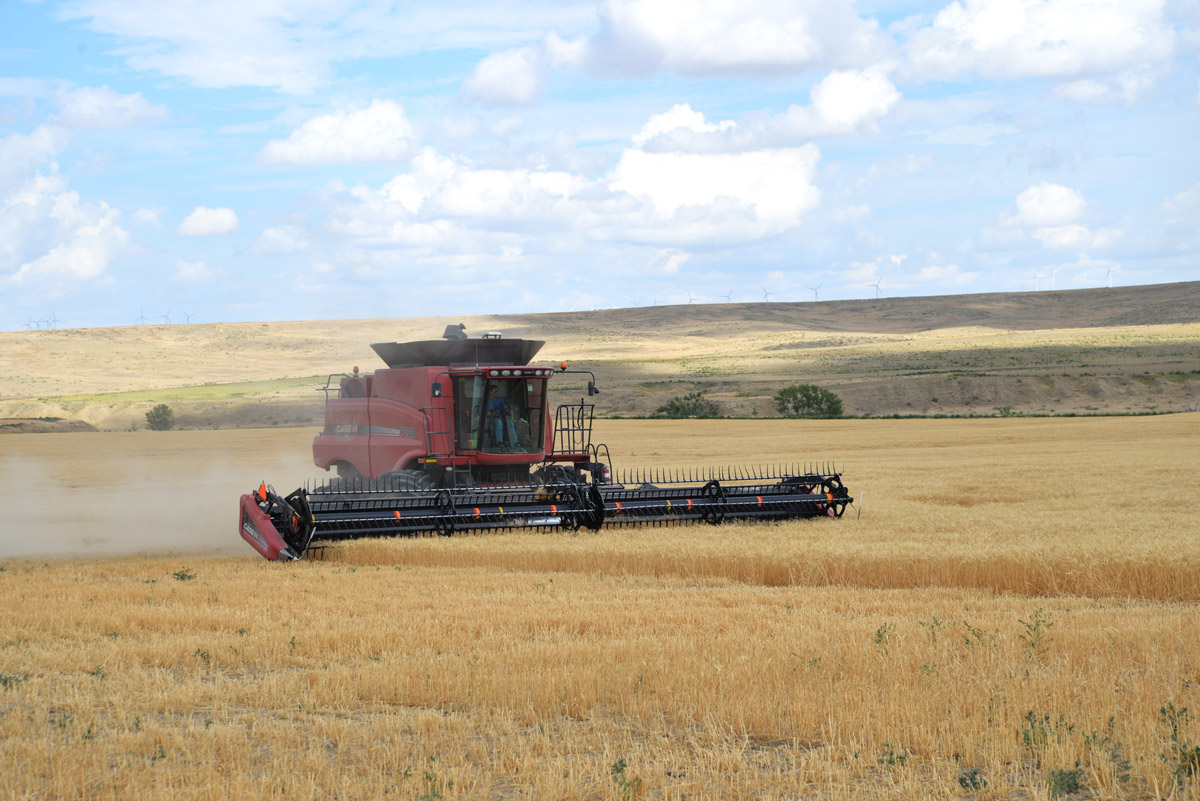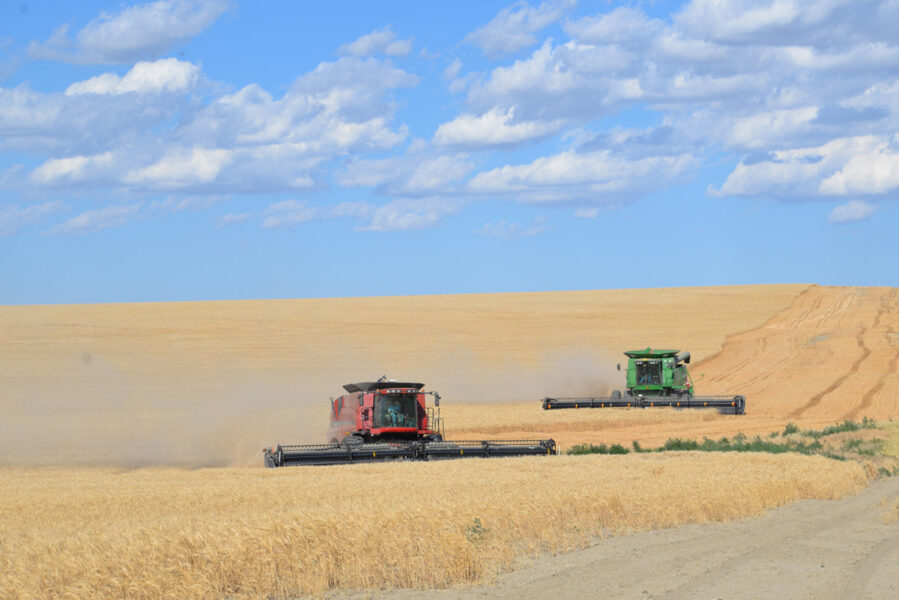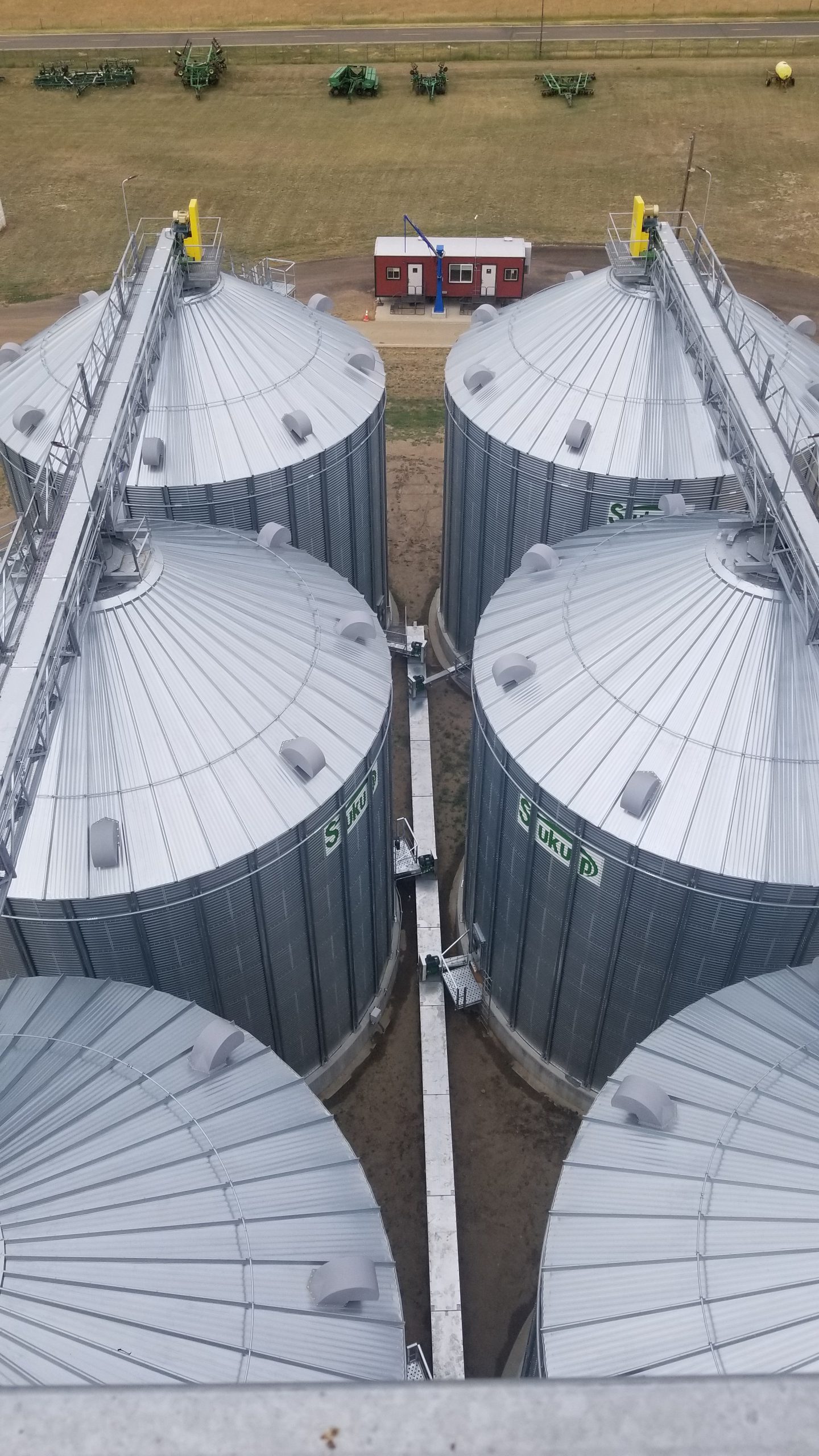What are biosolids?
Biosolids are the treated, nutrient-rich, biologically produced, mostly organic material produced from the solids removed during the wastewater treatment process. Biosolids material has the consistency of thick cake batter, because of this we package the biosolids that our plant produces into a product called METROGRO® Cake.
Our treatment process separates solids from water into a sewage sludge through aerobic, mechanical processes. Solids include:
The sludge is treated in a high temperature, biological process where microorganisms anaerobically ‘eat’ the wastes. This process kills the harmful pathogens and turns the sludge into biosolids.

The Benefits of Biosolids
Reusing biosolids for agriculture provides countless benefits to our environment. Biosolids:
Visit the Water Environment Research Foundation website for information about the benefits of biosolids reuse.
Do biosolids smell?
The decomposition of organic material releases sulfur and ammonia which are both plant nutrients. When biosolids are thoroughly digested at the wastewater plan odor is usually that of a moist soil. We typically use an organic polymer additive in the process of dewatering biosolids which can also cause a salt-water smell.


Are biosolids safe?
Prior to land application, biosolids must meet strict regulatory and quality standards established by federal, state and local governments. The rules that govern the use of land-applied biosolids contain numerical limits for metals, pathogen destruction and vector attraction reduction standards, site restrictions, crop planting and harvesting restrictions, monitoring, record keeping, and reporting requirements.
Metro Water Recovery’s METROGRO Farm is located approximately 65 miles east of metropolitan Denver. Here we beneficially reuse our Class B biosolids.
What you’ll find at the Farm:
- 52,000 acres of dryland farm and pasture.
- Crops such as winter wheat, sorghum-sudangrass, and corn.
- Common wildlife including coyotes, deer, antelope, field mice, bull snakes, rattlesnakes, hawks, doves, meadowlarks and occasionally badgers, box turtles, lizards, foxes and lark buntings

Interested in learning more?
Visit these sites (clicking on a button will open the website in a new browser window):
METROGRO® Update
The METROGRO® Update is distributed at the end of every calendar in the I-70 Scout. The I-70 Scout serves communities in eastern Colorado, such as Watkins, Bennett, Strasburg, Byers, Deer Trail, and Agate. Read our most recent edition of the Update below.
